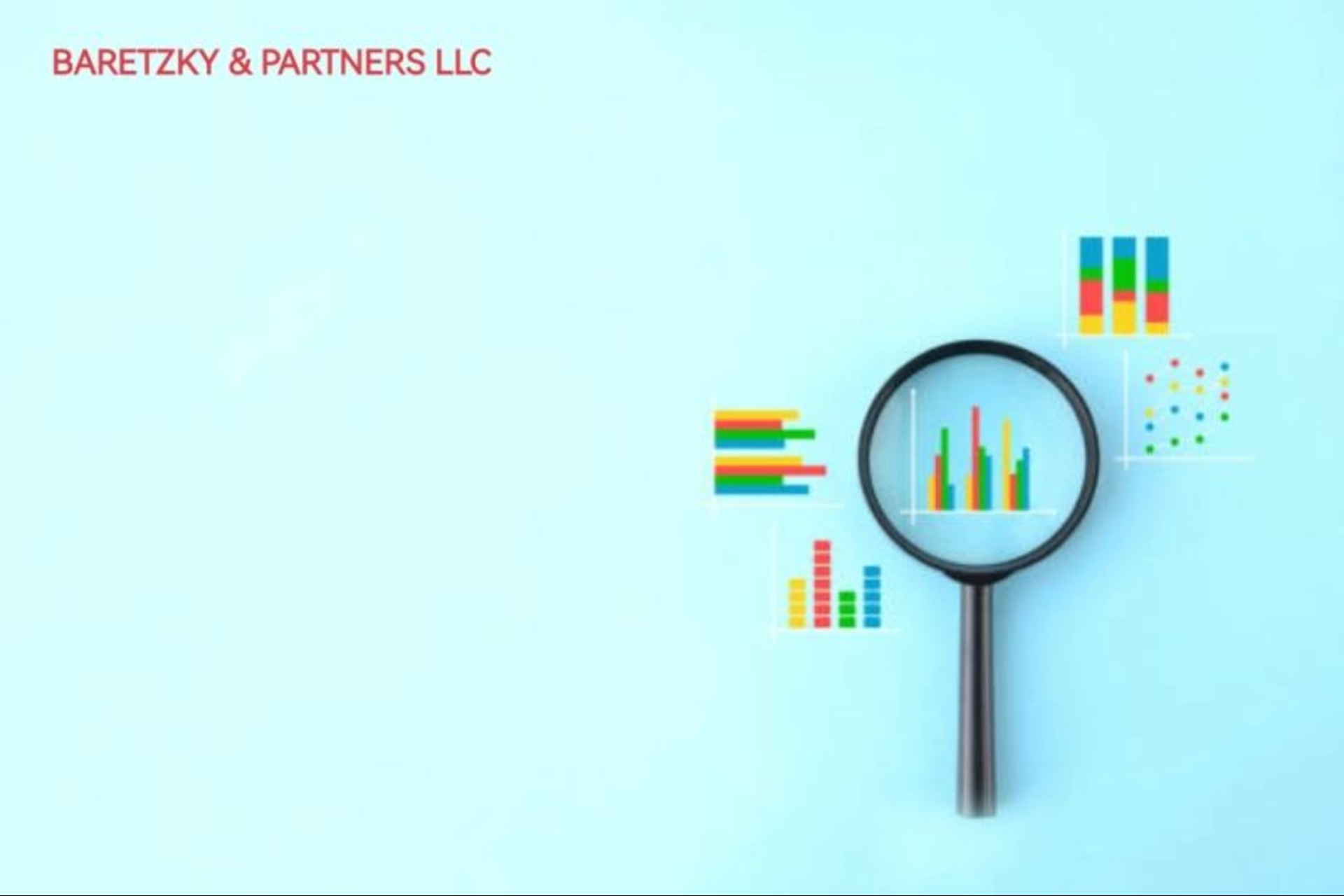
By conducting a thorough risk assessment, SMEs can pinpoint vulnerabilities in their business processes, supply chains, and market positions, allowing them to proactively implement mitigation strategies.
One major importance of risk assessment is that it helps SMEs allocate resources more efficiently. By understanding which areas of their business are most at risk, companies can focus their time, money, and efforts on protecting these areas, ensuring a more resilient and stable operation. Additionally, risk assessment supports strategic planning by highlighting potential obstacles to achieving business goals and enabling firms to develop contingency plans.
Another key aspect is compliance and legal protection. Many industries require stringent adherence to regulations, and a comprehensive risk assessment ensures that SMEs remain compliant, avoiding legal penalties and potential damage to their reputation. Moreover, insurers often look favorably upon businesses that actively manage risks, which can lead to lower insurance premiums and better coverage options.
Risk assessment also fosters a culture of awareness and preparedness within an organization. Employees become more vigilant and proactive in identifying and reporting potential risks, leading to a collective effort in maintaining the business’s health and security. This proactive stance not only enhances operational stability but also boosts stakeholder confidence, including investors, customers, and partners, by demonstrating a commitment to safeguarding the business’s future.
Risk assessment is indispensable for SMEs as it enables them to identify risks, allocate resources effectively, ensure compliance, foster a culture of preparedness, and enhance stakeholder confidence, all of which are vital for sustainable growth and success in a competitive market.
WWW.BARETZKY.NET




















